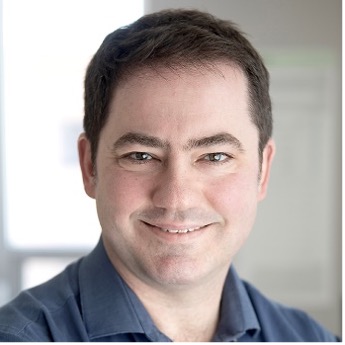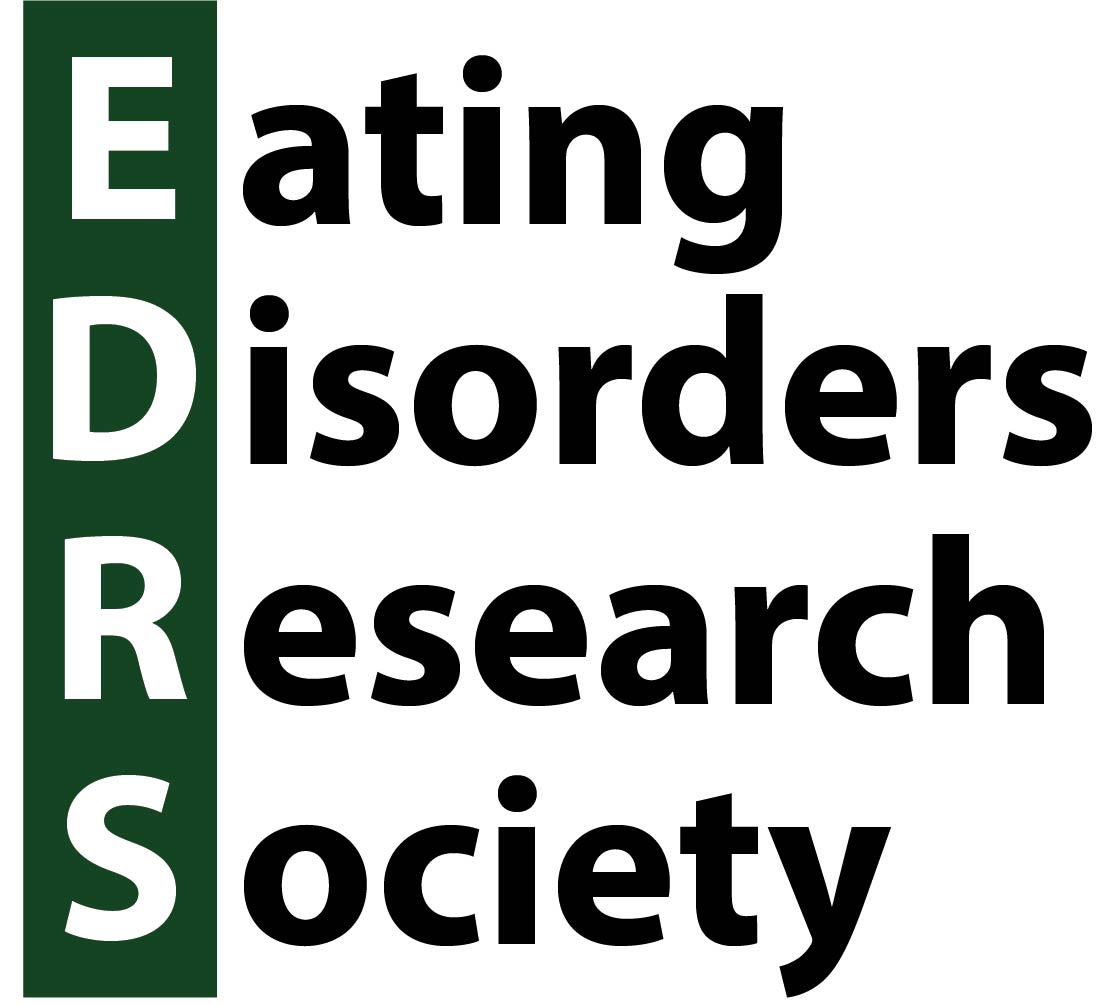Conference Program
Keynotes
Developmental psychopathology and early identification of risk for mental illness
Most people who will experience any mental disorder will first experience psychopathology in the first two decades of their lives. Childhood and adolescent mental disorders often remit, but they often transform into other types of psychopathology and remain significant predictors of health through the life course. The early manifestations of psychopathology offer an opportunity for interventions at a stage when human development is malleable. Early identification of risk in childhood, adolescence, and young adulthood is a step towards targeted prevention. In this talk, I will review the interplay of genetic and environmental risks in developmental psychopathology, early identification of risk and prevention with special reference to the interface between eating disorders and other types of mental and physical illness.
 Rudolf Uher, M.D., Ph.D., M.R.C.Psych.
Rudolf Uher, M.D., Ph.D., M.R.C.Psych.
Dr. Rudolf Uher is a neuroscientist and psychiatrist. He grew up in Prague, Czech Republic, where he completed medical school. He then trained in neuroscience, genetics, and psychiatry at the Maudsley Hospital and the Institute of Psychiatry, London, UK. Since 2012, Dr Uher works as the Canada Research Chair in Early Intervention in Psychiatry at Dalhousie University, Halifax, Nova Scotia. Dr Uher works as a psychiatrist at Nova Scotia Health, teaches students at Dalhousie Medical School, and leads research projects on personalized treatment and prevention of depression, bipolar disorder, and other types of mental illness.
Mental health on the Autism Spectrum
Autism, a neurodevelopmental condition diagnosed in approximately 1% of the population, is characterised by social-communication difficulties and rigid/repetitive interests, with sensory atypicalities. It is increasingly recognised that autistic children and adults experience high rates of mental health problems, including anxiety, depression, eating disorders, and suicidality. Whether these affect autistic females more than males, and are exacerbated by ‘camouflaging’ and late autism diagnosis (sometimes due to diagnostic overshadowing), are important questions. In this talk I will give an overview of some of our recent work on mental health on the autism spectrum, with a focus on these questions and on new research on autism and trauma/PTSD.
 Francesca Happé, PhD, CBE, FBA, FMedSci
Francesca Happé, PhD, CBE, FBA, FMedSci
Dr. Francesca Happé is an experimental psychologist by training, who is currently Professor of Cognitive Neuroscience at King’s College London. Her research focuses on autism. She has explored social understanding and ‘mentalising’ difficulties in autism, as well as abilities and assets in relation to detail-focused cognitive style. Her recent work focuses on mental health, and under-researched subgroups including women and the elderly. She is a Fellow of the British Academy and Academy of Medical Sciences, past-President of the International Society for Autism Research, and has received the Royal Society Rosalind Franklin Award, British Psychological Society Spearman Medal and Presidents Award, and a CBE from Queen Elisabeth II for services to the study of autism.
Ultra-Processed Food: function, mechanism, purpose
Poor diet has overtaken tobacco as the leading cause of early death, and there is now overwhelming evidence that a poor diet means a diet high in industrially processed foods - formally known as Ultra-Processed Foods.
These are products engineered and marketed to drive excess consumption with a nutritional profile and additives linked to a range of negative health outcomes. In this talk Dr Chris van Tulleken will explain how these foods are created, how they are responsible for a pandemic of diet related disease, and the policy solutions required to regulate them.
Dr. Chris van Tulleken MD MRCP PhD
Dr. Chris van Tulleken is an infectious diseases doctor at the Hospital for Tropical Diseases in London. He trained in medicine at Oxford University, has a PhD in molecular virology from University College London where he is an Associate Professor, and where his research focuses on how corporations affect human health, especially in the context of nutrition. He works closely with UNICEF and the World Health Organization in this area.
His book Ultra-Processed People was a Sunday Times and New York Times bestseller. Chris is one of the BBC’s leading science broadcasters on both television and radio for adults and children alike. Chris resides in London with his wife Dinah, and their three children.
